- 10:00 AM - 06:00 PM
- (919)-373-0088
- [email protected]
Hyperpigmentation is a common skin condition that can be a problematic cosmetic concern for many people. But in general, this is harmless.
One of the most effective treatments for this issue is a chemical peel for hyperpigmentation.
Understand the general overview of using chemical peels to improve hyperpigmentation, including the causes, the different types of peels available, and more.
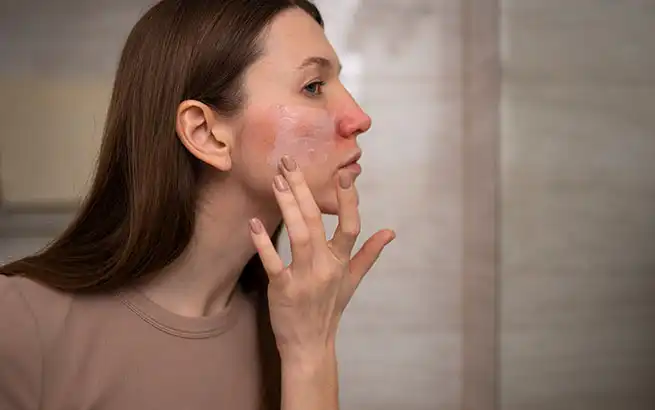
Hyperpigmentation occurs when your skin has patches. These patches are darker in color than the surface of the skin.
This condition of the skin is harmless but looks unusual and is a big hurdle related to skin beauty.
Most people want to get rid of skin pigmentation. Several methods are used to remove the hyperpigmentation condition, but the most famous is chemical peeling.
There can be several causes for hyperpigmentation. A chemical in the body called melanin (which controls the darkness of skin and hair color) overproduces.
As a result, dark patches occur in the places on the skin where melanin is produced in large quantities.
The factors that control the production of melanin are sun exposure, hormonal changes, some medicines, and genetics.
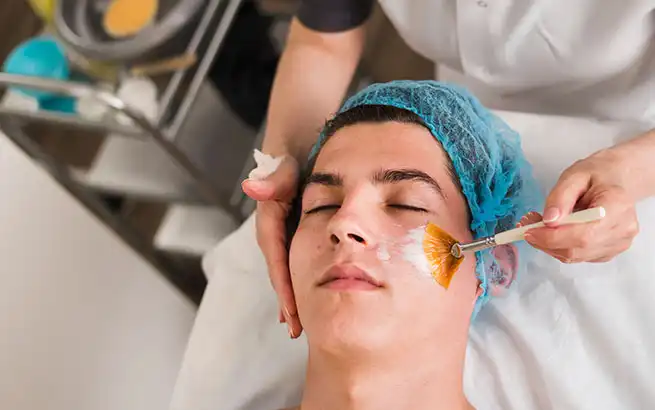
A chemical peel is a method in which chemicals are used to remove hyperpigmentation.
The result of the chemical peel depends on the quantity and type of chemicals used in the peeling method.
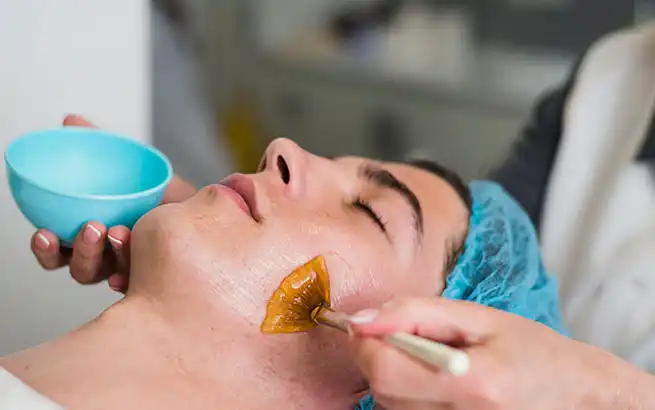
There are several types of chemical peels that are used to treat hyperpigmentation. These are differentiated from each other based on skin layer penetration.
As well as the compounds or chemical types that are used in the chemical peel.
These peels are done by using light chemicals that enter only the upper layer of the skin.
These are the safest ways to treat hyperpigmentation. Usually, in these peels, the main acid that is used is Alpha Hydroxy Acid (AHA).
Mostly, these types of peels are used for patients who have a lighter skin color and have pigmentation.
For the first time, the skin may look worse after a chemical peel, but as time passes and new skin cells regenerate, the skin will appear cleaner and younger.
Moderate peels address age spots, wrinkles, and fine lines, along with hyperpigmentation.
These peels are done by using glycolic acid. This enters the outer and middle layers of the skin and controls the discoloration.
The deep peels contain the strongest acid used in the peeling method, such as phenol.
This acid enters the middle of the lower skin layer and eliminates shallow scars, age spots, and hyperpigmentation.
Deep peels are not recommended; they usually pose high risks due to their deep penetration into the skin.
This is the best chemical peel for hyperpigmentation on black skin that will give extraordinary results.
First, you should know what type of skin you have because chemical peeling depends on the skin.
If you have light skin color and are considering the chemical peel treatment, you should select the peripheral peels.
If you have a darker color and have spots or the problem of hyperpigmentation, you can select moderate peels.
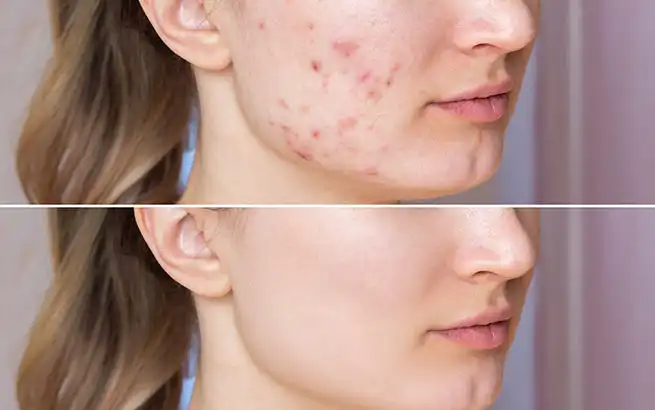
There are several chemical peel benefits that you can get other than hyperpigmentation.
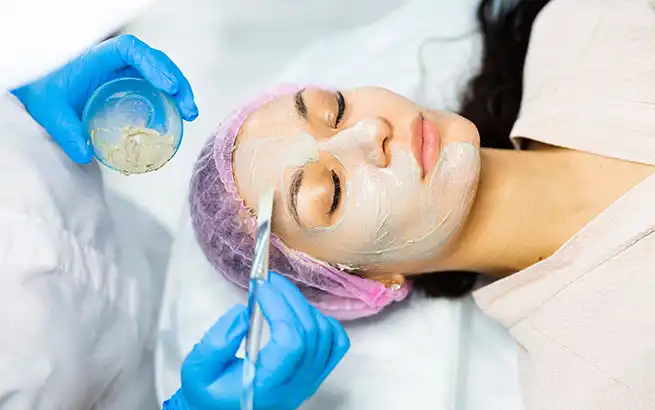
Reviva Medical Aesthetics is your best destination for getting flawless, clean skin through our expert medical services, including chemical peels.
Say goodbye to hyperpigmentation and embrace a smoother, more even complexion with our treatments.
Our skilled professionals understand the complexities of skin care, ensuring that you receive personalized care that suits your unique skin type and concerns.
Trust Reviva to restore your skin’s natural aesthetic beauty and reveal a more youthful, glowing you.
Chemical peels can be an effective treatment for addressing the common skin concern of hyperpigmentation.
Chemical peels offer a range of benefits, from reducing the appearance of wrinkles and fine lines to minimizing the visibility of pores and acne scars.
After a peel, avoid the sun, wear sunscreen daily, and follow the skincare advice your dermatologist gives you.
Most people see better skin color, clarity, and texture after one peel, but it may take a few treatments for the best results.
If a doctor who is an expert in this field performs the chemical peel on darker skin tones, using the appropriate type and concentration of the peel, it can be a safe treatment option.
Reviva is located at 502 McKnight Dr., Suite 100B, Knightdale, NC 27545.
You can call Reviva at 919-373-0088 or email [email protected] to schedule a consultation and get more information about our chemical peel treatments.
Copyright 2024 REVIVAMEDSPAS. All Rights Reserved